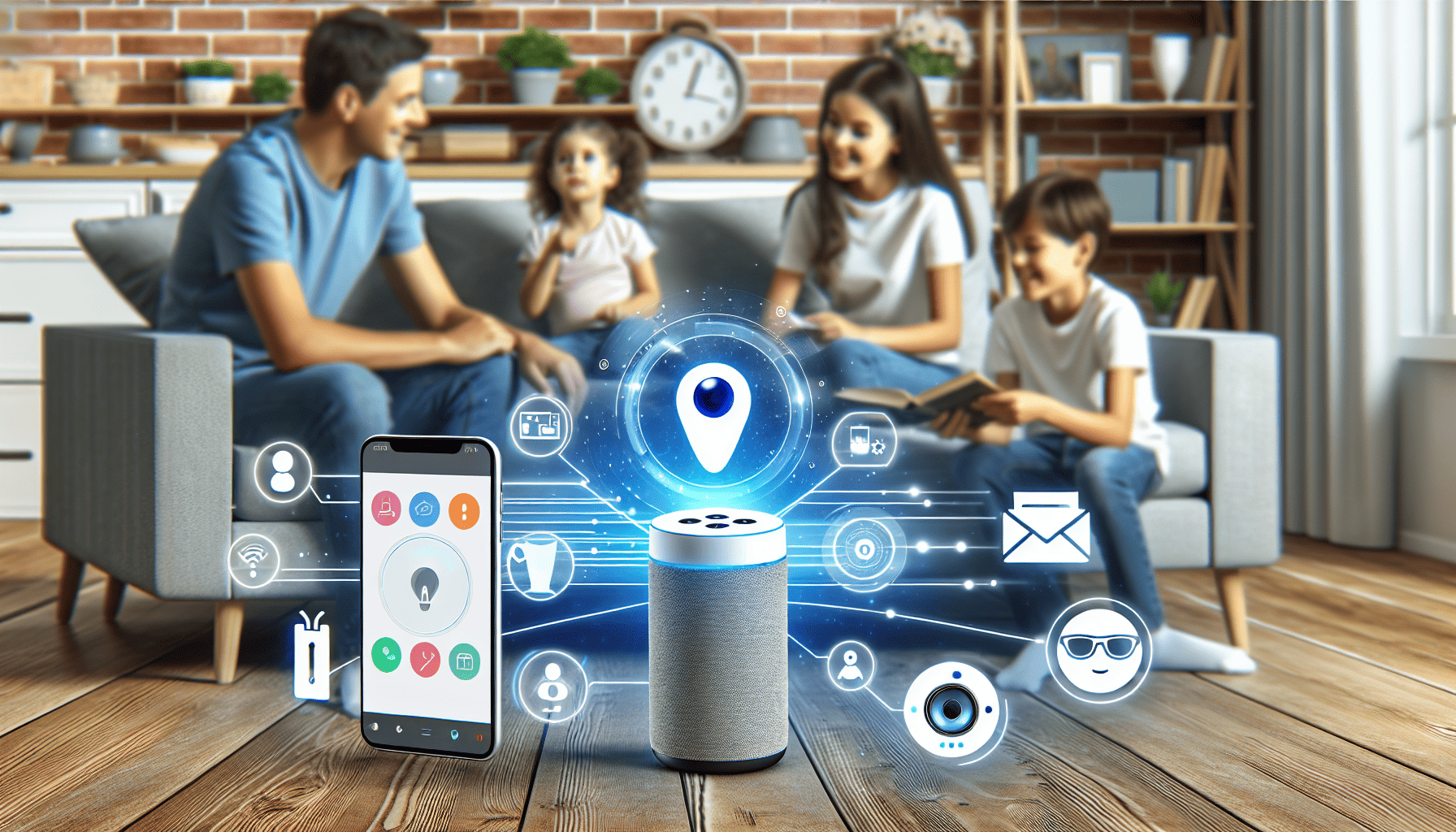Artificial Intelligence (AI) technologies have evolved rapidly over the past few decades, moving from science fiction into tangible reality. Today, these advancements are seamlessly integrating into our everyday lives, enhancing convenience and efficiency across numerous sectors. From smart home devices to personalized recommendations, AI is becoming an indispensable part of our routines, transforming how we interact with technology and the world around us.
One of the most apparent integrations of AI in daily life is through smart home devices. Products like Amazon's Alexa, Google Home, and Apple's HomePod are revolutionizing the way we manage our households. These AI-powered assistants help users perform tasks ranging from controlling home lighting and temperature settings to creating shopping lists and setting reminders. With voice-activated controls, these devices make managing everyday chores hands-free and more intuitive, allowing users to focus on more important tasks.
Transportation is another area where AI is making significant strides. Self-driving cars, once a futuristic concept, are now being tested and developed by companies like Tesla, Waymo, and Uber. These autonomous vehicles use AI to navigate roads, predict and react to traffic conditions, and ensure passenger safety. Although widespread adoption is still on the horizon, AI in transportation promises to reduce human error, increase travel safety, and offer more efficient routing to save time and fuel.
In healthcare, AI applications are transforming patient care and research. Machine learning algorithms are being used to analyze medical data, assist in diagnosis, and even predict patient outcomes. For instance, AI can help radiologists by interpreting medical images, identifying abnormalities with greater accuracy and speed than traditional methods. Furthermore, AI-driven health apps provide personalized health advice, monitor vital signs, and even remind users to take medication, making healthcare more accessible and proactive.
The retail industry also benefits significantly from AI through enhanced customer experiences. Online platforms like Amazon utilize AI algorithms to recommend products based on browsing history, previous purchases, and user preferences. This personalization not only improves the shopping experience but also boosts sales by understanding consumer needs better. AI-powered chatbots further enhance customer service by providing instant assistance, resolving queries, and guiding users through purchases, all without human intervention.
Education is witnessing AI-driven transformation as well. Educational platforms such as Duolingo and Khan Academy utilize AI to tailor learning experiences to individual users, providing personalized feedback and adapting difficulty levels to suit each learner's pace. This customization helps students absorb material more effectively and keeps them engaged, making education more efficient and accessible.
In the workplace, AI tools are increasing efficiency and reducing the burden of repetitive tasks. Automation, powered by AI, handles data entry, scheduling, and customer support, freeing up time for employees to focus on strategic, creative, and complex problem-solving activities. AI-driven data analytics also helps businesses make informed decisions by identifying trends and predicting outcomes, ultimately driving productivity and growth.
The integration of AI in daily life raises essential discussions about privacy, security, and ethical considerations. As AI systems become more ubiquitous, their capacity to learn from personal data necessitates robust privacy protections and transparent algorithms. It is vital to address these issues to ensure that AI technologies enhance our lives without compromising individual rights and societal values.
In conclusion, AI technologies are seamlessly weaving into the fabric of our daily lives, offering improved convenience and efficiency in various sectors. As these innovations continue to mature, they promise even more profound transformations, making life not only easier but also more interconnected and informed. However, balancing technological advancement with ethical considerations is paramount, ensuring AI becomes a force for good in our everyday experiences.
